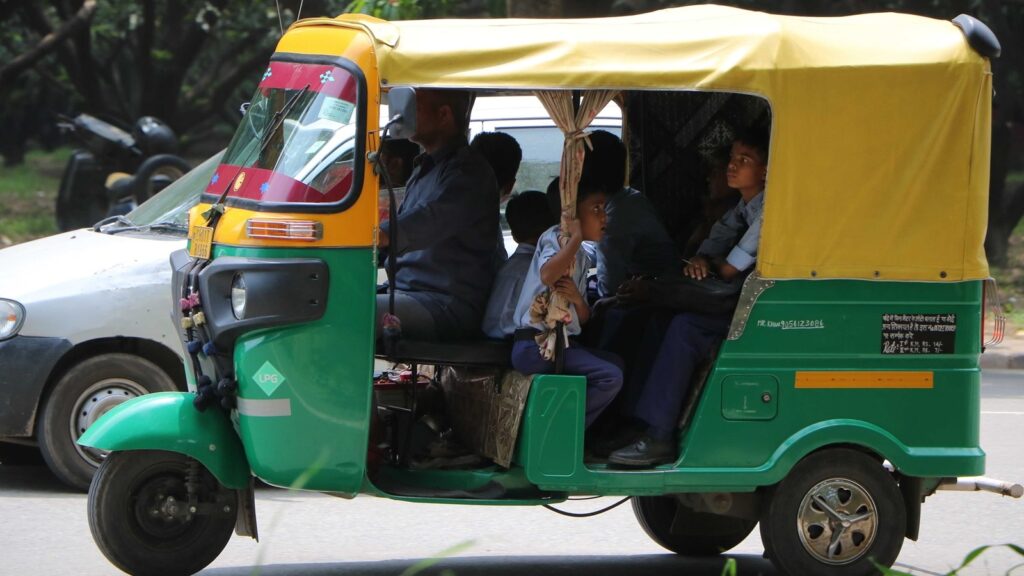The Regional Transport Authority (RTA) Thursday issued a directive mandating all autorickshaws operating in Bengaluru to update their fare meters with the newly revised rates by October 31. The new rates will be applicable from August 1.
According to the new rates, the minimum fare for the first two kilometres has been increased from Rs 30 to Rs 36. For every subsequent kilometre, passengers will now have to pay Rs 18, up from the earlier Rs 15. The night fare – applicable between 10 pm and 5 am – will be charged at 1.5 times the regular rate.
Waiting charges, too, have been revised, with the first five minutes remaining free. Beyond that, a fee of Rs 10 will be charged for every 15 minutes of waiting. In terms of baggage, up to 20 kg is allowed free of cost. An additional Rs 10 will be charged for every 20 kg or part thereof, with the maximum baggage limit capped at 50 kg.
Additionally, Karthik Reddy, Joint Commissioner, Bengaluru (Traffic), also issued a directive on Wednesday, directing all traffic police officials to book cases against errant auto drivers who charge exorbitant fares in violation of the government-fixed rates.
The RTA order would also mean that aggregator apps like Rapido, Namma Yatri, Uber, and Ola are also set to embrace the new fare structure. As per the Karnataka High Court’s October 2022 order, app-based auto aggregators are allowed to charge only 10 per cent above the government-notified fare, plus 5 per cent goods and services tax.
The RTA has instructed that auto rickshaw meters must be recalibrated to reflect the revised fares and certified by the Legal Metrology Department within the given timeline. To streamline the process, all Legal Metrology inspectors working within the city –excluding those from the Investigation Wing – have been directed to focus solely on verifying and stamping auto rickshaws in Bengaluru city limits, irrespective of their usual jurisdiction. “This special arrangement will remain in effect until the October-end deadline. Post October 31, the Legal Metrology Department will revert to its regular jurisdiction-based operations, as per existing norms,” the notification said.
This is the first fare revision since November 2021, when the base fare was increased from Rs 25 to Rs 30 and the per-kilometre charge from Rs 13 to Rs 15. Before that, fares were last changed in 2013. The latest revision follows repeated appeals from auto unions, which have cited rising fuel prices, higher maintenance costs, and inflation as reasons why the earlier fares were no longer sustainable. However, many drivers have expressed disappointment with the RTA’s decision, saying their demand for a Rs 40 base fare and Rs 20 per kilometre was not met.
Story continues below this ad
Michelle Khiangte, a regular auto user, told The Indian Express, “With the current pricing mechanisms coupled with tipping, the auto fares are… very high and unjustified. Now with the new revision, it will pinch my pocket even more. For a Rs 100 journey, I am paying Rs 150. With the new rates I would be shelling out around Rs 170-Rs 180. The bulk of my expenditure is channelled towards commuting, and this has eventually made transport in Bengaluru very costly.”
Satya Arikutharam, mobility expert and a regular auto user, said, “The fare revision for autos was long overdue. That said, hardly any autos were operating the fare meter. Commuters must be vigilant about fares from tomorrow, if not aggregators are likely to increase them even further. The best way to ensure this is for commuters to insist that the drivers operate the fare meter for their trips. The Transport Department must put more monitoring efforts than now to ensure autos operate the fare meter, which is a permit condition, on all their trips. Aggregators must also follow the fare notification as the High Court has upheld the state’s right to notify and enforce fares.”


